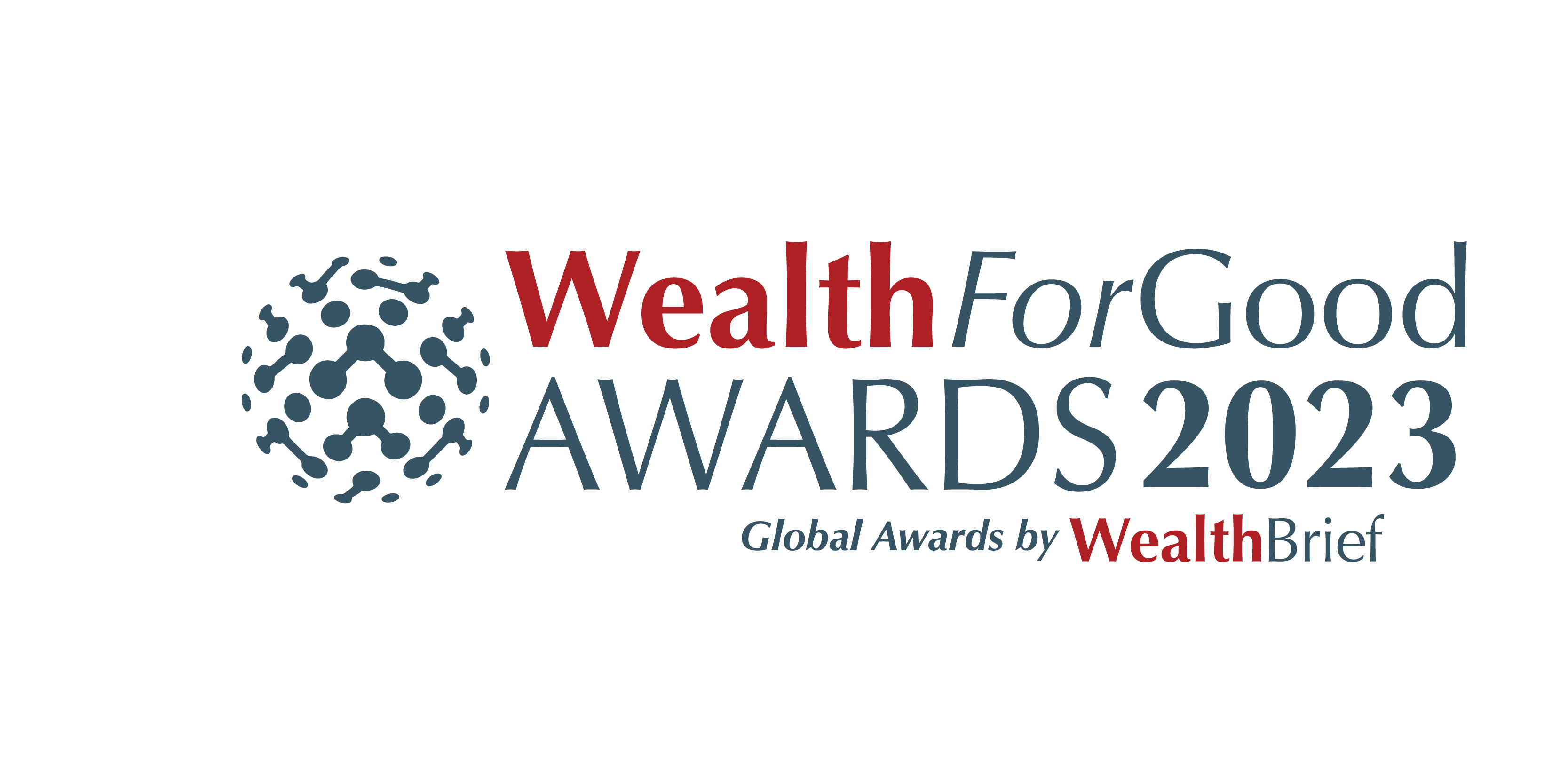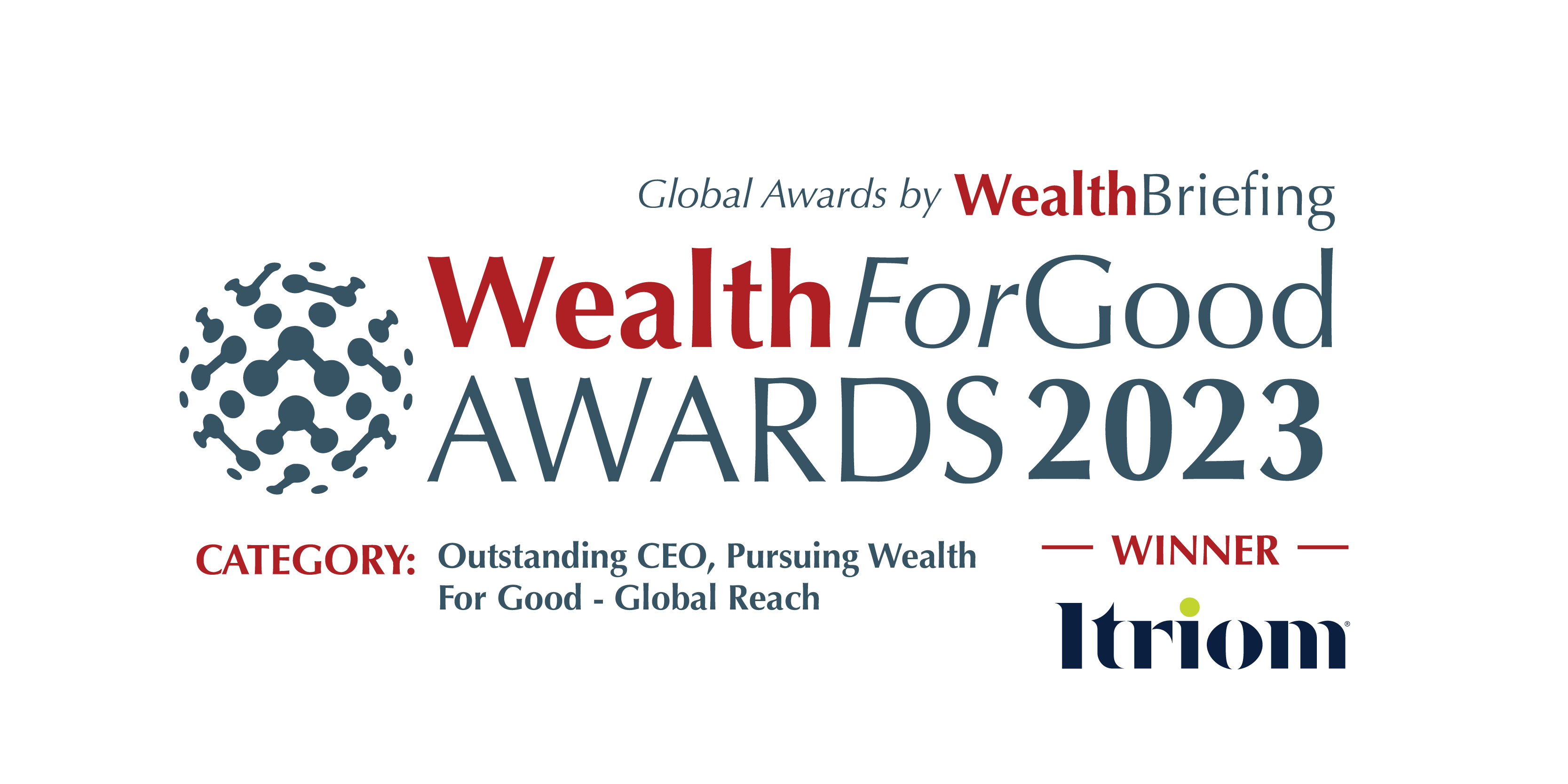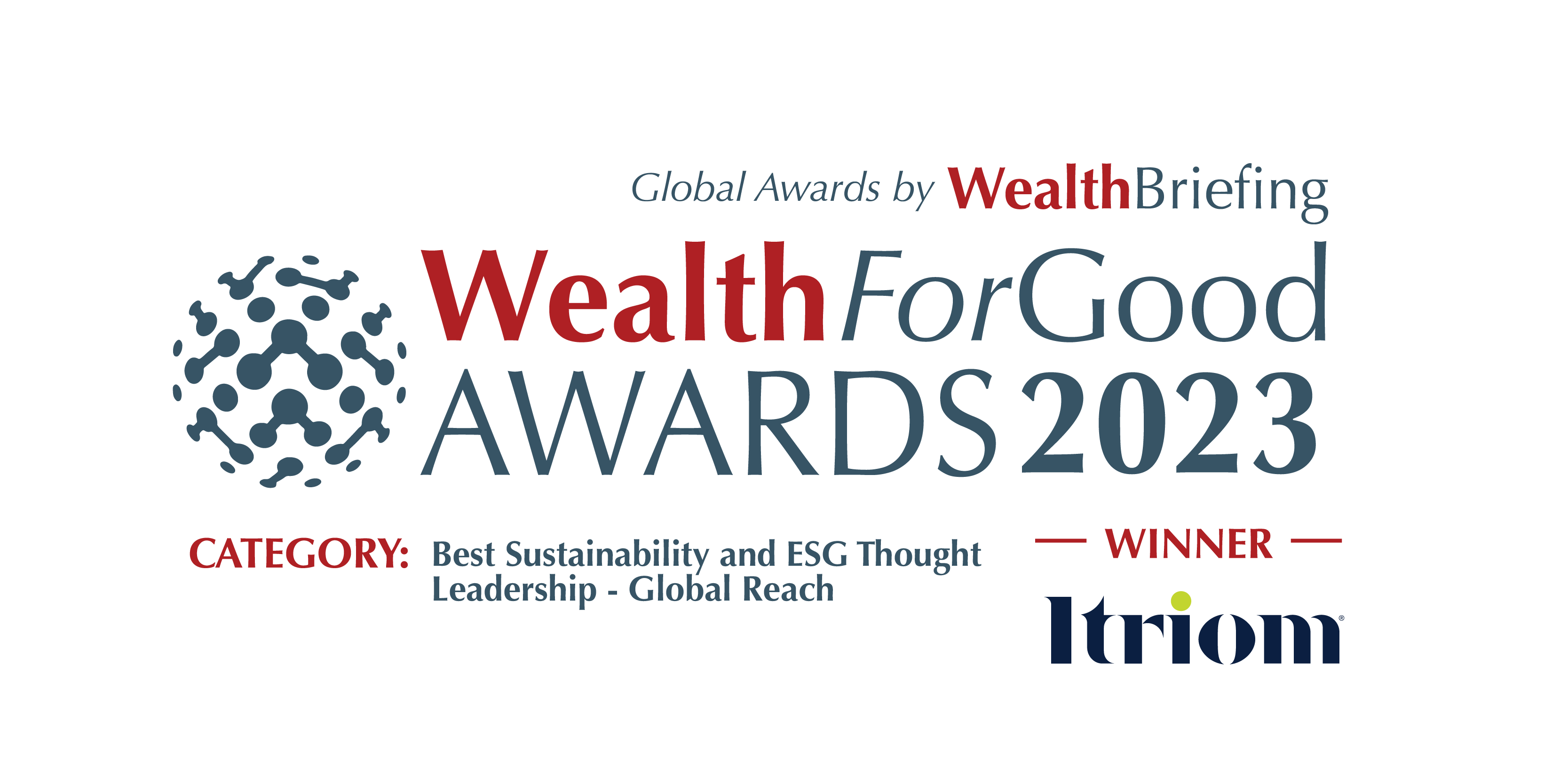The awareness of Environmental, Social, Governance requirements are steadily increasing putting pressure on businesses to include ESG considerations in their business strategies, initiatives, and investments. This mounting pressure on investing responsibly will continually drive ESG expectations and needs with some of the key trends to watch in the coming year below:
The importance of limiting global warming was highlighted when the Paris Climate Agreement was adopted in 2015. However, the first instalment of The Sixth Assessment Report from the Intergovernmental Panel on Climate Change (IPCC) shed light on the dire situation the world faces regarding climate change, emphasising the detrimental global impacts that would be experienced if efforts to limit global warming at 1.5°C are not met. As such, the discussion around the environmental component of ESG continues to be grounded in climate discussions.
There is now an expectation that businesses will commit to becoming net zero which is reflected by net zero pledges becoming more mainstream. According to The Science-based Target Initiative (SBTi) nearly 70% of the global economy has committed to being net zero by 2050, as opposed to just the 16% who had committed to the same in 2019. In particular, the role of the financial industry in tackling climate issues has been highlighted due to their investment activities being able to contribute to the transition to a low-carbon economy. This is made notable by the increased membership of three industry leading net-zero alliances, the Net-Zero Banking Alliance, the Net-Zero Insurance Alliance and the Net-Zero Asset Owner Alliance; combined, the three alliances indicated at COP26 that they would make available over $100 trillion of private capital to assist in making the economy net zero.
It is important to note that there has been discourse between the business world, scientists and environmentalists regarding the effectiveness of net zero commitments and whether carbon off-setting, a key activity being relied upon to meet these commitments, will be enough to meet climate targets. As a result, there could eventually be a larger push towards businesses reaching carbon neutrality altogether.
With climate commitments surging and a pressure on businesses to take environmental action, a need for transparent reporting has also become apparent. As such, there has been an increase in the development of different standards and taxonomies globally; the different taxonomies will affect businesses to varying degrees depending on their scope and the region to which they apply to. The EU Taxonomy is one example of a taxonomy, that provides a common language for investors to understand and report which of their activities are environmentally sustainable. In 2022, we will see an increased applicability of the EU Taxonomy.
With the development of different taxonomies and metrics increasing, it is clear that there are is that no set reliable and comparable global standards that allow for increasingly transparent reporting on ESG matters. As such, at COP26, the International Financial Reporting Standards (IFRS) Foundation announced the creation of the International Sustainability Standards Board (ISSB) which will take shape this year. The ISSB seeks “to deliver a comprehensive global baseline of sustainability-related disclosure standard” and could provide organisations the support they need to meet regional and global reporting requirements. Improved data and information regarding sustainability have also been identified as a requirement for transparent reporting, and the EU is developing the European Single Access Point (ESAP) to address the needs of businesses in their sustainability reporting. As global standards and data becomes more readily available, the expectation for transparent reporting on ESG matters will impact investors and enterprises alike.
With climate change requiring immediate action and the creation of sustainability frameworks, some governments have begun to take up recommendations from groups like The Financial Stability Board who created the Task Force on Climate-Related Disclosures (TCFD) to increase and better reporting of climate-related financial information. Legislation is being passed globally.
Following the recommendations of the Taskforce, which requires companies to disclose the impacts climate change has on their business, legislation is being passed globally to enforce these discloures. The UK is the first G20 country that will require some of its largest companies to make TCFD-aligned disclosures; subject to parliamentary approval the 1000+ identified corporation will be required to make these disclosures aligned with the TCFD recommendations in April 2022. New Zealand and Japan are two additional countries committing to the TCFD-aligned disclosures mandatory by law, and it is likely many others are going to follow suit if they haven’t done so already, such as the EU and its proposal for a Corporate Sustainability Reporting Directive (CSRD). Businesses should expect and be prepared for increased requirements around reporting and verification of data as global standards and processes for sustainability are made more concrete and data needs are met.
Despite the large focus on climate considerations to tackle environmental issues, other emerging risks are being identified and assessed, with a large emphasis being put on biodiversity and nature. The importance of nature, both as a business opportunity and a risk is becoming increasingly apparent as according to the New Nature Economy Report. Over half of the global economic output is moderately to highly dependent on nature, a $44 trillion of economic value generation. As such, this year continual efforts to address nature risks in business are likely.
In April, the second part of UN Biodiversity Conference, COP 15, will be hosted in Kunming, China. It is expected for world leaders to agree on a set of goals for nature over the next decade, potentially culminating in a new post-2020 Global Biodiversity Framework; this is expected to be a similar watershed moment for biodiversity as the Paris Climate Agreement was for climate, and provide a roadmap for countries, businesses and investors, amongst others to address nature risks.
The recently formed Taskforce on Nature-Related Disclosures will continue through their established roadmap to compile the best tools and materials to “establish and promote the adoption of an integrated risk management and disclosure framework” with the aim to build consistency in nature-related reporting globally. It is likely that mandatory climate disclosures including nature reporting, will become paramount for investors and enterprises alike.
In addition, the blue economy is gaining attention as a key nature area for both its opportunities and risks, and thus, could emerge as one of the key areas where ESG considerations must be applied. Further funding and research are being funnelled into the blue economy, such as the European Commission funding the Sustainable Blue Economy Initiative, which aims to mobilise capital for an ocean recovery. Overall, businesses are increasingly going to have to determine what biodiversity and nature risks exist in their portfolios, and how they can respond according to help conserve natural capital.
The COVID-19 pandemic has exposed social issues and major inequalities more than ever, and it is like that the social component of ESG will be brought closer to the forefront in how businesses manage their ESG considerations. Firstly, with social movements happening around the world it has served as a reminder to companies about diversity, equity and inclusion within their own workplace. Key stakeholders are asking for increased reporting on these metrics, similar to the manner in how a company would disclose environmental information. However, the social considerations in ESG are tied to product as well. For organisations looking at ESG, the social component serves alongside the environmental transitions being made, as it is paramount to ensure there is a just transition that doesn’t disrupt social inclusion efforts and promotes access to work and affordable services to all. It is in this category that businesses are frequently looking towards the Sustainable Development Goals to ensure their organisations transition to have more socially positive impacts, alongside environmental ones.
Implementing ESG practices is only growing with time for individuals, corporations, and governments alike. While a focus has predominantly been placed on the environmental and social components of ESG, how ESG considerations are embedded into these different entities requires sound governance structures which is being seen with an emphasis on reporting, disclosure, and transparency. With this in mind, while above the outlined trends are bound to progress in 2022, additional trends are likely to emerge as well as the year continues.
Alizah Beg is a Sustainability Consultant in Itriom’s London Office.
Itriom is the global impact platform helping leading families shape a better world. Itriom’s platform enables families to refresh and redesign their values, aligns them with the right UN Sustainable Development Goals, combining them in an agreed purpose and a Family Impact Charter. Itriom’s platform supports the development of impact initiatives and whilst providing discrete and secure spaces for peer-to-peer messaging and collaboration. Itriom’s core practices in Leadership, Geostrategy, and Sustainability benefit clients by developing strategies to engage and support the Next Generation in building a lasting legacy of which families can be proud.
itriom.com
enquiries@itriom.com
T: +44 (0)203 198 2277
© 2024 Itriom Limited. All rights reserved. Republication or redistribution of Itriom’s content, including by framing or similar means, is prohibited without the prior written consent of Itriom Limited. This material is provided for informational purposes only.




© 2023 Itriom Limited. Company Registration Number 134815 Jersey Financial Services Commission. Registered Office 9 Bond Street, St Helier, Jersey, JE2 3NP
ESG Consultant
Alizah is an ESG Consultant and researcher. She supports Itriom developing sustainability related products and services, helping our clients identify potential opportunities for creating positive environmental, social and sustainable impact.
ESG Analyst
Georgie is an ESG Analyst and researcher. She researches trends, develops insights and reports, and writes insight articles on sustainability and ESG related topics to ensure Itriom’s clients are up to date on the latest policy, progress and initiatives to inform the platform and help our clients maximise their positive impact.
Senior Partner
Practice Leader – Leadership & Resilience
Renowned family office thought leader, Tim works with UHNW families to ensure they are fully equipped to deliver their legacies inter-generationally and effectively.
Associate Partner
Practice Leader – Sustainability
Dr. Herb creates methodologies and frameworks for managing, measuring and assessing sustainability performance. His work identifies where maximum impact can be made.
Senior Partner
Practice Leader – Geostrategy
Simon harnesses research, liaison and networks globally to identify opportunities for Itriom, building the knowledge needed to deliver intergeneration legacies for UHNW families.
Managing Partner
Practice Leader – Strategy